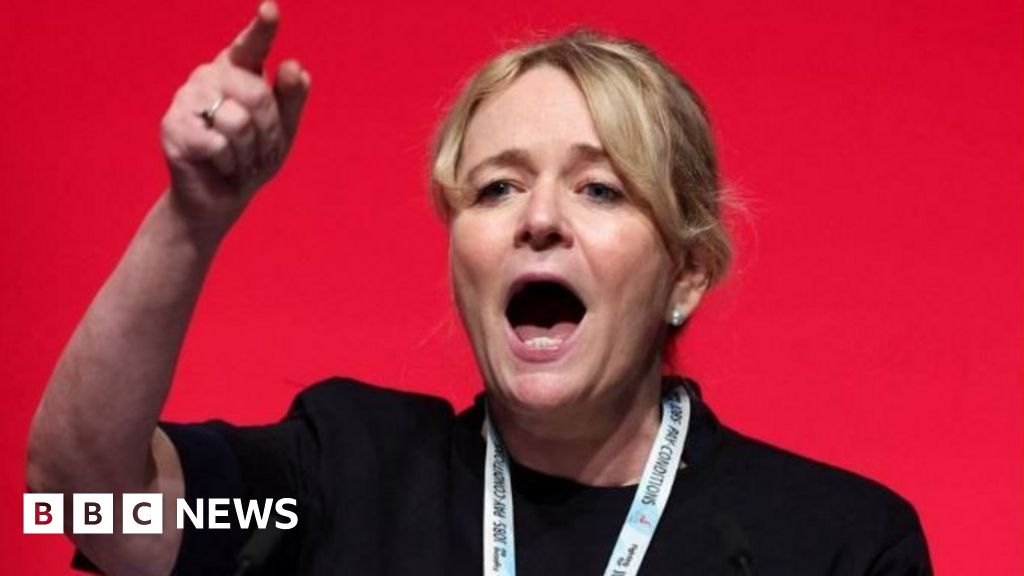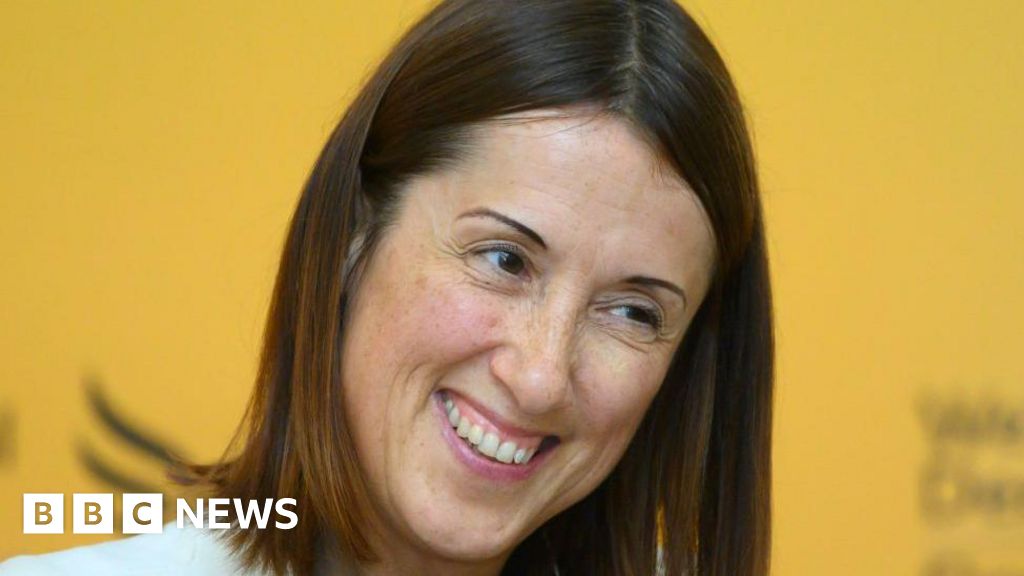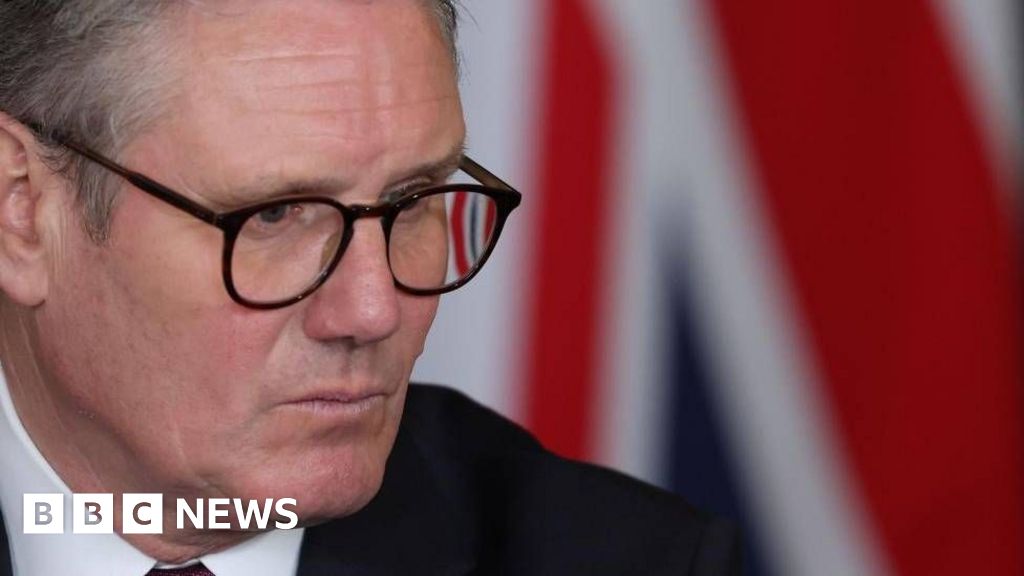ARTICLE AD BOX
By Doug Faulkner
BBC News
image sourceGetty Images
image captionHome Secretary Priti Patel, one of the signatories of a letter to MPs, watches an Afghan refugee give her fingerprints during processing at HeathrowMinisters have written to MPs to reassure them of the government's continued support for those left behind by evacuation efforts in Afghanistan.
The defence, home and foreign secretaries said the UK would use "every lever" to secure the safe passage of those who want to leave.
Ben Wallace, Priti Patel and Dominic Raab said every MP will have been contacted with "heartbreaking stories".
It comes as the UK's evacuation is expected to end this weekend.
The focus will now shift to getting service personnel and diplomats out.
On Friday, the Ministry of Defence said the UK had evacuated 14,543 people from Kabul since 13 August.
This includes British nationals as well as nearly 8,000 Afghans eligible under the UK's relocation scheme for those who worked for the UK government, along with other vulnerable individuals.
But between 800 to 1,100 eligible Afghans and 100 to 150 Britons have not been evacuated, Defence Secretary Ben Wallace said.
No more people are being called to the airport to board flights out of Afghanistan, with the MoD saying it had closed processing facilities in Kabul.
It said the UK's ability to process any more evacuations is now "extremely reduced and additional numbers will be limited".
The US has been running the airport in Afghanistan's capital, where at least 95 people - including two British nationals and the child of a British national - were killed in a suicide bomb attack on Thursday.
Mr Wallace, Ms Patel and Mr Raab wrote to MPs to outline their next steps now that the evacuation effort at Kabul airport is concluding.
They acknowledged that "every single" MP would have been contacted with "heartbreaking stories of those left behind in unimaginable circumstances".
But they wrote that their efforts would turn to those who were not evacuated during the UK's military airlift operation.
Concluding they wrote: "Let us reassure you that we will continue to use every lever at our disposal to secure the safe passage of those who wish to leave Afghanistan and to hold the Taliban to account."
Prime Minister Boris Johnson said he would "shift heaven and earth" to help people leave Kabul after 31 August, and that he felt a "great sense of regret" about those left behind.
He added that "the timing of this is certainly not the one that this country would have chosen, and I think that everybody understands that".
But he said the attack at the airport on Thursday underlined the urgency of the evacuation operation and why it was being concluded in the way that was.
Labour leader Sir Keir Starmer said the UK must "urgently help those left behind", while Tory MP and Afghanistan veteran Tom Tugendhat said he felt "anger and shame" for those who could not be saved.
What happens to Afghan refugees coming to the UK?
- Arrivals on official flights enter a 10-day Covid quarantine in a hotel
- Government officials and local authorities are trying to find them permanent homes
- A shortage of suitable accommodation means many will be placed in hotels
- Some will get refugee status and can live in the UK permanently
- Others will get a five-year visa to live and work in the UK - and can then apply for permanent residence
- Afghans arriving independently will enter the normal system for asylum claims - which has a backlog of 70,000 people
- These people cannot settle, or work, while their claims are considered
Are you in Afghanistan or do you have loved ones there? Please tell us your story by emailing haveyoursay@bbc.co.uk.
Please include a contact number if you are willing to speak to a BBC journalist. You can also get in touch in the following ways:
If you are reading this page and can't see the form you will need to visit the mobile version of the BBC website to submit your question or comment or you can email us at HaveYourSay@bbc.co.uk. Please include your name, age and location with any submission.

 3 years ago
129
3 years ago
129








 English (US) ·
English (US) ·